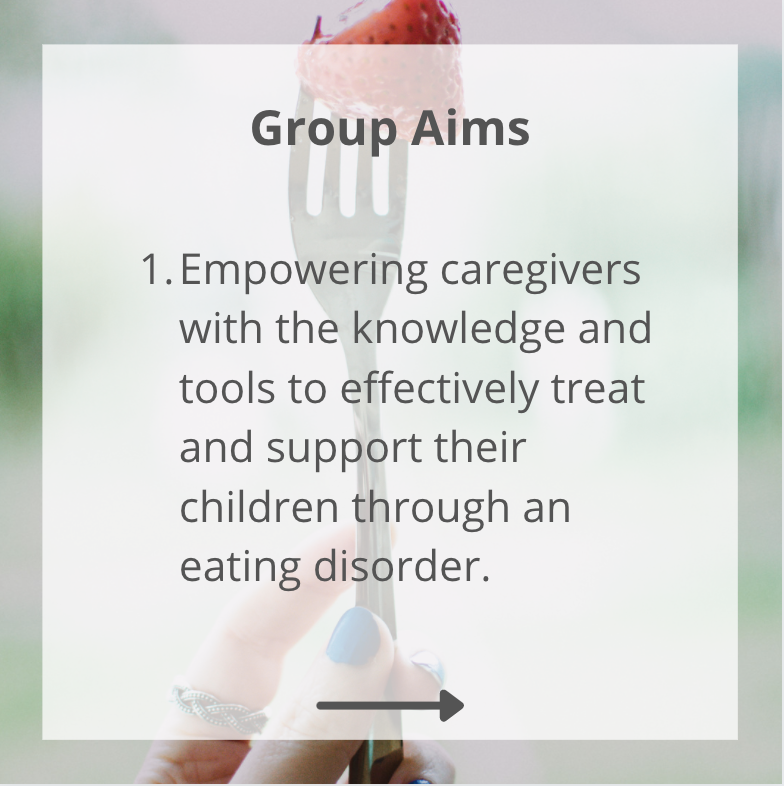By: Andrew Hopkins, PA-C
In life, food is our friend and starvation is our enemy
The human body is very effective in energy conversion. It breaks down food into the necessary nutrients our cells needs to function. Without food, the body transitions into starvation. As the body starves, it begins to break itself down and converts fat and protein into energy. This is a temporary strategy for the body if you miss lunch or are unable to eat for a few hours. But what if your body can’t count on food? What if your body is being permanently starved?
Missing a meal v. Anorexia nervosa
Individuals with Anorexia intentionally restrict food intake leading to starvation, weight-loss, and a low body weight. There is a fear of weight-gain or a fear of “becoming fat”, despite being profoundly underweight. Individuals with anorexia also demonstrate a distorted perception of body weight and image, and may often deny the medical seriousness of a low body weight.
Starvation is deadly
The rate of death in Anorexia is a staggering 10-12 times higher than the general population.1,2,3 In addition, the rate of suicide in Anorexia is nearly 5 times higher than the general population.4,5,6 Medical complications, including heart attacks and heart failure, account for more than half of all deaths in patients with Anorexia. The two biggest risk factors leading to medical complications include the degree of weight loss and how long food restriction has been present for.
Fats, proteins, and changes within the body
In starvation, the body begins to break itself down to create cellular energy in a process known as catabolism. In Anorexia, where there is long-term starvation, the body turns to a more substantial supply of fat and protein: the vital organs. The body breaks down proteins and fats in the heart, brain, liver, kidneys, and muscle leading to atrophy, or tissue wasting. Atrophy results in poorly functioning organ systems and ultimately, organ failure.
Symptoms and signs
While considerable changes to the body and organs are occuring, symptoms may be vague, misleading, or non-existent. Fatigue, low motivation, and changes in mood are common in the course of Anorexia. More concerning signs may be objectively measured, such as low blood pressure, reduced heart rate and reduced core body temperature. Some organ failure can occur without any warning signs or symptoms. Many patients who experience medical complications due to Anorexia require hospitalization due to severity. This makes medical evaluation and screening critical immediately following the diagnosis of Anorexia.
Comprehensive evaluation and medical monitoring
Immediately following the diagnosis of Anorexia nervosa, one should have a comprehensive medical evaluation. This should include an extensive physical exam to evaluate for any objective manifestations of weight-loss and low body weight. Blood work is critical to identify for any nutrient deficiencies, abnormal hormone levels, or early signs internal organ failure. An Electrocardiogram (EKG) is needed to evaluate heart health and rule-out any functional changes related to heart atrophy. In females who have not menstruated for over 9 months, it is common to have a Bone Density Study (or DEXA scan) performed to rule-out early-onset Osteoporosis. Any abnormalities during this initial medical evaluation may require hospitalization to stabilize and correct.
Reversing Complications and Restoring Health
The treatment of Anorexia always involves weight restoration. While medical complications may necessitate urgent medical care, nearly all medical complications of Anorexia nervosa can be effectively reversed with adequate weight-gain. However, weight is not the only marker of recovery. It is appropriate to perform continual medical screenings throughout treatment. In order to vigilantly monitor for medical complications during recovery, frequent screenings involving blood work, vital signs, and a review of systems are routinely incorporated.
What’s next?
Treatment of Anorexia often involves a team of providers. At Potomac Behavioral Solutions, our treatment team will work collaboratively to ensure to the best outcomes. We offer dietitian services, family-based therapy (FBT), and medical monitoring during treatment to improve outcomes. Please contact our intake coordinators for further information on how to get started with our treatment team today!
Work Cited:
Löwe B, Zipfel S, Buchholz C, Dupont Y, Reas DL, Herzog W. Long-term outcome of anorexia nervosa in a prospective 21-year follow-up study. Psychol Med. 2001;31(5):881-90.
Keel PK, Dorer DJ, Eddy KT, Franko D, Charatan DL, Herzog DB. Predictors of mortality in eating disorders. Arch Gen Psychiatry. 2003;60(2):179-83.
Herzog W, Deter HC, Fiehn W, Petzold E. Medical findings and predictors of long-term physical outcome in anorexia nervosa: a prospective, 12-year follow-up study. Psychol Med. 1997;27(2):269-79.
Hoang U, Goldacre M, James A. Mortality following hospital discharge with a diagnosis of eating disorder: national record linkage study, England, 2001-2009. Int J Eat Disord. 2014;47(5):507-15.
Suokas JT, Suvisaari JM, Gissler M, et al. Mortality in eating disorders: a follow-up study of adult eating disorder patients treated in tertiary care, 1995-2010. Psychiatry Res. 2013;210(3):1101-6.
Crow SJ, Peterson CB, Swanson SA, et al. Increased mortality in bulimia nervosa and other eating disorders. Am J Psychiatry. 2009;166(12):1342-6.


































